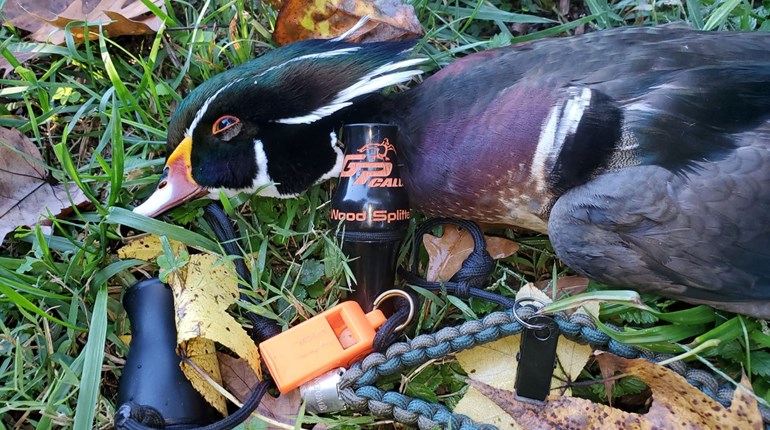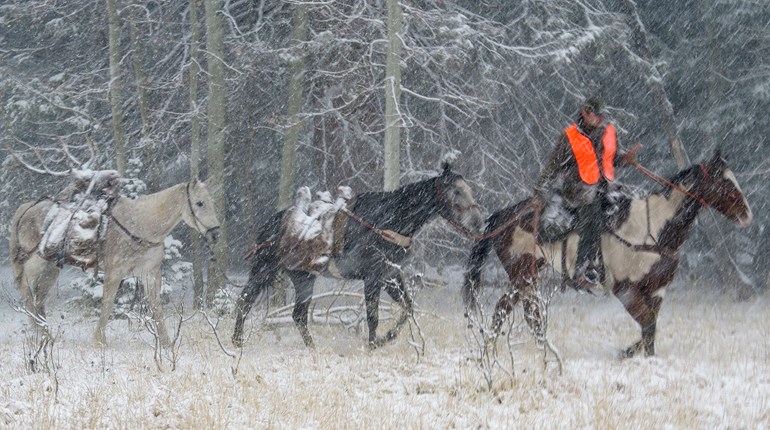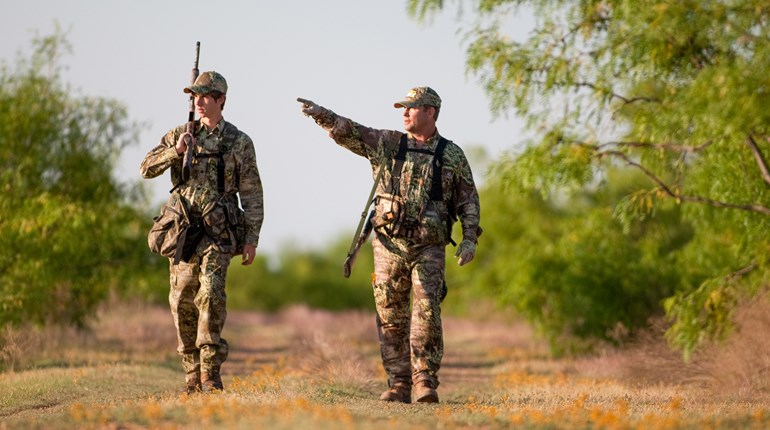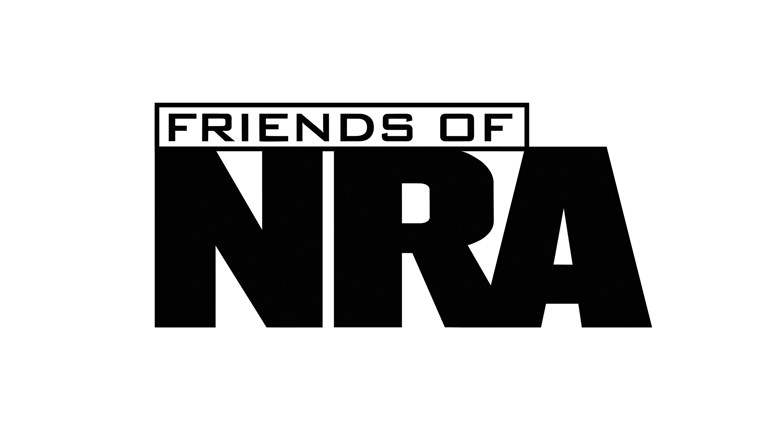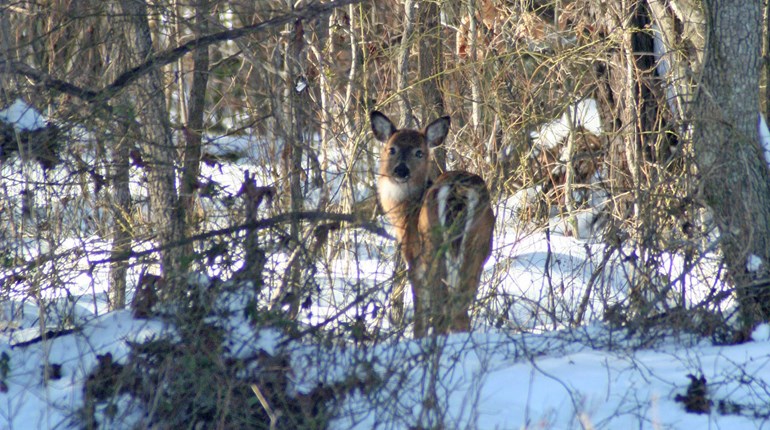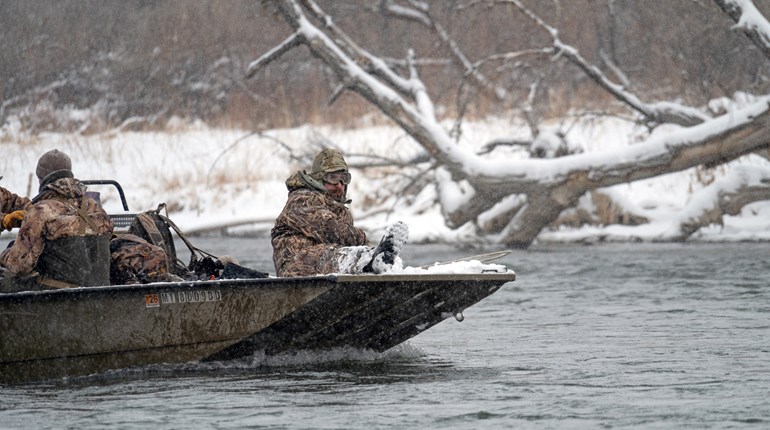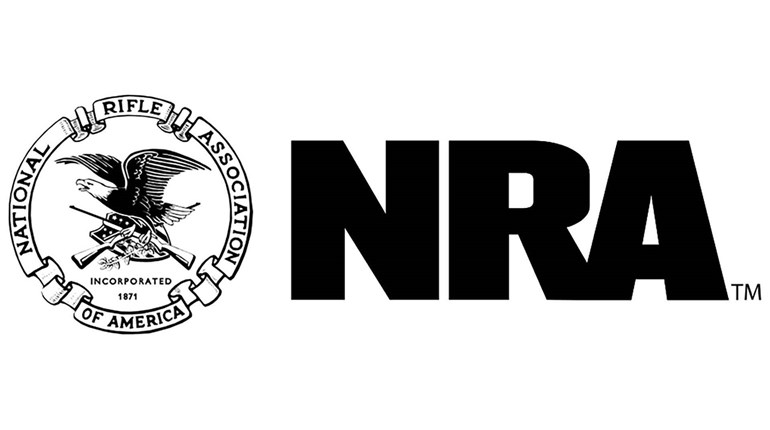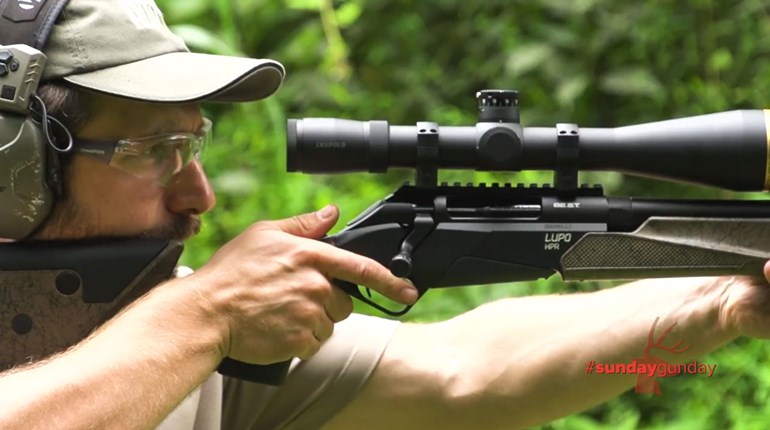
If you were ever in one of the armed services or Scouts, were a SCUBA diver, went to summer camp or took school kids on field trips, you probably know about the "buddy system." During my active service in the military it was an important part of our training, tactics, techniques and procedures, and for good reason: It achieves synergy through mutual support, situational awareness, teamwork, individual reliability and capability. The buddy system can also be a real boon to hunters. I'll explain.
Hunting in a group has a number of tremendous advantages, and hunting alone has an element of risk. Travel to the area, setting up camp, finding the game, getting a good shot, dressing and transporting the game all are easier with two or more hunters. Group lodging prices are cheaper per capita. A hunting group has more collective experience, skills and manpower to draw upon. The group observes more and shares the information. The group covers more ground. Shared chores make everything easier and faster. Above all, “there is safety in numbers.” The group provides the first responders for any hunter in trouble. After all, a lone hunter in trouble is in trouble indeed.
But hunting in groups does carry a small risk of its own, what we in the military used to euphemistically call "friendly fire." Every group’s rules and practices should include those that your state-sanctioned hunter-safety classes teach, but they are not enough. People participating in risky hunting practices can cause problems; as can poachers and trespassers, drinkers, novices, plain old jerks, bad luck and random stupidity. However, group hunting with a predetermined buddy system plan can significantly decrease your risk.
In its simplest form, the buddy system is as follows: Two people pair up as buddies and take care of each other. In larger groups there are two or more pairs. If there is an odd number, either one pair gets an extra, or one stays back and monitors the radio, stokes the fire, prepares dinner, etc.
A buddy pair is a team that practices teamwork, mutual support and mutual protection. They watch each other’s back. They exploit each other’s strengths, and buttress each other’s weaknesses. They stick together. They help each other. They communicate.
A buddy puts his buddy’s needs before his own. If this sounds too noble and self-sacrificing for a recreational activity, remember that lives are at stake. In the military, the buddy bond is sacred. Breaking a buddy rule brings punishment that will never hurt you as much as the shame. Having a buddy enables you both beyond your own abilities. Performing well as a buddy team ennobles you. Getting through an ordeal with a buddy changes your life.
At the core of the buddy system is individual reliability. You must be the best hunter you can be so your buddy’s reliance on you is warranted. That means you need to go to the classes, read the articles, refresh your first aid knowledge, practice your skills and discipline yourself to the rules of the sport. You might just end up with a better hunting experience and a wider group of friends.
Here are some sample "hunting buddy" strategies you may wish to review with them.
Before hunting
- Pair up early. In larger groups, pair the better hunters with less experienced ones.
- Inventory skills and experience.
- Check each other’s health.
- Agree who is the leader.
- Inventory and inspect hunting, survival and safety equipment.
- Record cell numbers and/or radio channels.
- Assign and practice signals.
- Determine when and where to load and unload firearms.
- Review safety-on and safety-off discipline.
- Plan the hunt.
- Tell the rest of the group your plans, and learn theirs.
During the hunt
- Formally, upon starting, put your hand on your buddy. Look him in the eye and call him “Buddy.”
- Stick with your buddy.
- Watch for things your buddy can’t see (situational awareness).
- Keep your buddy informed.
- Assign shooting zones so you are never aimed at each other.
- If you know more, teach and train your buddy.
- If your buddy knows more, ask, listen and practice.
After hunting
- Review the day with your buddy, and later with your group.
- What lessons did you learn?
- How can we use today’s experience to help next time?
- Should we shuffle the pairings next time?
- Thank each other.
For up-to-the-minute details on hunter education training (upcoming courses, hunter safety cards, etc.), simply contact your local State Fish and Game Department using the information provided in the directory in this link.
How does your hunting buddy system work? Tell us your ideas in the comments!













